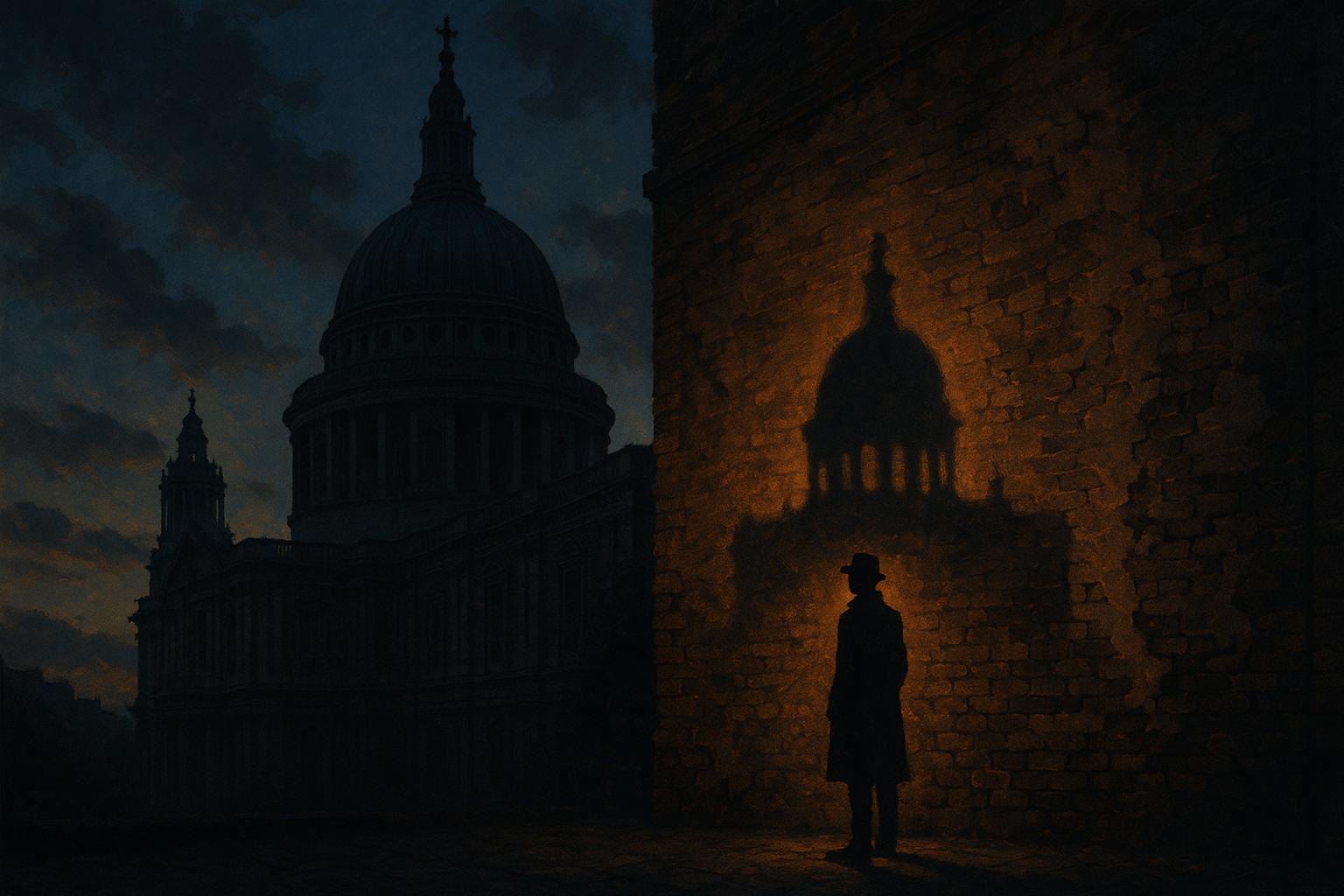Dame Sarah Mullally has made history as the first woman appointed Archbishop of Canterbury, marking a watershed moment for the Church of England in its 500-year history. At 63, Mullally, the current Bishop of London and former Chief Nursing Officer for England, brings to the role a diverse background in healthcare and ministry. Her appointment, confirmed by Prime Minister Keir Starmer and King Charles, signals the church’s tentative step towards modernisation amidst deep internal divisions.
Mullally’s selection has been met with widespread celebration, particularly among women and liberal factions within the church and beyond. The Bishop of Manchester, David Walker, highlighted the symbolic significance of breaking the “stained glass ceiling,” noting the outpouring of joy from women across the globe. In her inaugural address at Canterbury Cathedral, Mullally acknowledged the profound challenges facing the church, expressing hope rooted in kindness and love. Drawing on her nursing experience, she promised a leadership style centred on pastoral care and shepherding the church through fractured times.
However, her appointment also sparked opposition from conservative corners. The Global Fellowship of Confessing Anglicans, a prominent conservative network chiefly based in the global south, criticised her selection as confirmation that the English church had “relinquished its authority to lead,” reflecting ongoing tensions around the ordination of women and same-sex relationships. Within England, seven bishops and over 580 parishes remain opposed to women’s ordination, underscoring the sharp divisions that Mullally will need to navigate. Commentators have emphasised that her leadership will require both courage and compassion to hold the fractured communion together.
The Church of England is grappling with multiple crises. Many dioceses face financial difficulties, and congregations continue to decline. Additionally, the Church is still wrestling with the fallout from safeguarding failures, which contributed to her predecessor Justin Welby’s resignation. These scandals have left victims and survivors deeply distrustful, especially given the London diocese’s controversial record in handling abuse cases. Journalist Andrew Graystone remarked that Mullally’s appointment caused shock and dismay among some survivors, highlighting the complex legacy she inherits.
Beyond ecclesiastical affairs, Mullally has positioned the Church as attuned to broader social and moral issues. In her address, she acknowledged the church’s role in debates over assisted dying, the refugee crisis, climate change, and the divisions within communities. Notably, she pledged solidarity with the Jewish community following a recent terrorist attack on a Manchester synagogue, affirming the Church’s commitment to combat rising antisemitism.
The synagogue attack on Yom Kippur in Manchester was a devastating event that resulted in two deaths and multiple injuries. The attacker, a British citizen of Syrian descent, was shot dead by police after ramming his car into congregants and stabbing several people. This act of terror has sent shockwaves through Britain’s Jewish community and reignited fears over antisemitism, which has seen a surge in recent years. Prime Minister Keir Starmer condemned the attack as “vile” and returned early from overseas to coordinate the government's response. Additional suspects linked to terrorism were arrested, and security measures at synagogues nationwide have been intensified.
In the wake of the attack and ongoing heightened tensions from the Israel-Hamas conflict, the UK government announced new police powers to restrict repeat protests in sensitive locations. Hundreds were arrested during recent pro-Palestinian demonstrations in London, raising concerns about community relations. Home Secretary Shabana Mahmood stressed the need to balance the right to protest with protecting vulnerable religious communities. The Muslim and Jewish communities in Manchester and across the UK have expressed strong solidarity, emphasising their shared commitment to peace and mutual respect despite attempts by extremists to drive divisions.
Mullally’s appointment and the church’s current moment reflect a broader narrative of transition and tension. As the first female spiritual leader of the global Anglican Communion, she faces the formidable tasks of healing internal rifts, restoring trust after safeguarding failures, and guiding the Church’s moral voice in a complex world. Her leadership will be closely watched as she seeks to model a different, compassionate, and courageous approach to governance amid unprecedented challenges.
📌 Reference Map:
- Paragraph 1 – [1], [2], [7]
- Paragraph 2 – [1], [2], [7]
- Paragraph 3 – [1], [2]
- Paragraph 4 – [1], [2]
- Paragraph 5 – [1], [4], [5], [6]
- Paragraph 6 – [1], [3]
- Paragraph 7 – [1], [2], [7]
Source: Noah Wire Services
